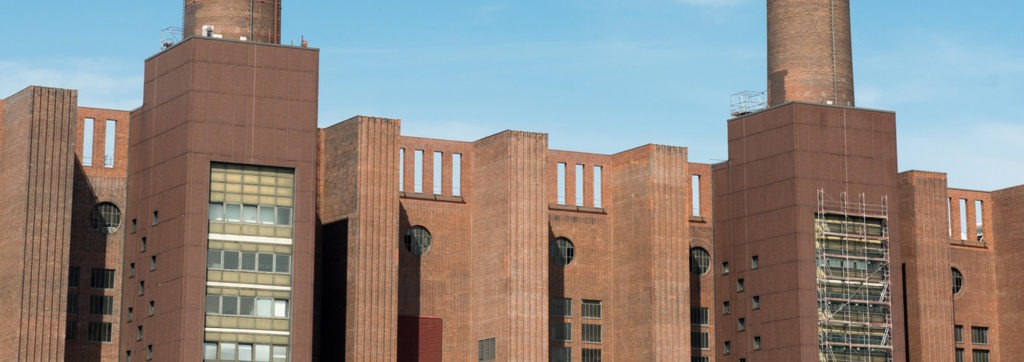VW denies claims that Dieselgate fix causes breakdowns
27 April 2017

27 April 2017
Reports suggest that fixes for Volkswagen (VW) vehicles to combat the ′cheat devices’ fitted as part of the company’s efforts to mislead emissions tests are causing more problems for owners of affected vehicles.
The announcement comes as UK MPs call on the German vehicle manufacturer to compensate drivers in the wake of the scandal, as it has done with owners in the US market where the news first broke. Currently the company has no plans to compensate anyone affected by the scandal in Europe, instead relying on the recall and fix to ensure vehicles retain their values and work efficiently.
When the news of the scandal, which saw the company admit to fitting a device that could recognise when a vehicle was on test and alter the emissions accordingly, first broke, the company was forced to arrange a $17.5 billion (€16 billion) deal to buy back affected vehicles and compensate owners in the US.
While the US Government has yet to approve the suggested fix by Volkswagen, the EU Government was quick to do so, allowing the company to begin its recall procedure, despite denying that there was any issue with vehicles sold on the continent. Instead, Paul Willis, Chairman of Volkswagen UK, told the Transport Select Committee that the move was simply to allay customers fears based on negative news about their cars.
A document submitted to the UK’s Transport Select Committee by the Volkswagen Diesel Customer Forum has highlighted the issues that consumers are finding after having their vehicles ′fixed’ at dealerships. Problems reported include:
-
Reduced MPG
-
Reduced performance
-
Diesel Particle Filter (DPF) excessively regenerating
-
DPF Failure
-
Exhaust Gas Regeneration Valve (EGR) Valve failure
-
Vehicles entering Limp Mode
-
Turbo failure
-
Excessive engine noise
-
Excessive exhaust fumes/ burning smell
-
Injection failure
However, the manufacturer claims that 99% of customers that have had faults fixed have not complained about any change in vehicle performance, and those with issues resulting from its fix have been poorly maintained, with some even missing their factory-fitted diesel particulate filters. The company also insisted during questioning by the Transport Select Committee in February that it would not change its stance and would instead carry out its fix to all affected cars in Europe.
Following a discussion on the matter on 18 April 2017, the chair of the committee, Louise Ellman MP, commented: ‘Today the Transport Committee is publishing my letters to the Minister, John Hayes MP and Hans Dieter Pötsch, Chairman of Volkswagen’s Supervisory Board, demanding further answers in the aftermath of the emissions scandal.
′While Volkswagen owners in the United State have received compensation, those in the UK have been treated shabbily and offered nothing. UK consumers must not be the poor relations here.’
The letter to Hans Dieter Pötsch, chairman of the supervisory board at Volkswagen AG, stated: ‘The Committee has received a number of representations from Volkswagen customers who claim that the technical fix has impaired the performance of their vehicle. We are also aware of several instances where Volkswagen dealers have allegedly refused to investigate their concerns without the payment of an additional fee. If, as Mr [Paul] Willis [Chairman of Volkswagen UK] insists, Volkswagen is satisfied that the technical measure does not impact on the performance of vehicle, please explain why Volkswagen refuses to provide a warranty for the technical measure.’
While EU governments put pressure on the company for answers, a number of solicitors firms are planning to launch Group Action Claims on behalf of disgruntled drivers. Websites have been set up to gather as many owners together as possible in order to pursue the company through the courts for compensation relating to lost vehicle value and improper fixes which have cost motorists.
Federal ministries in Germany are also affected, with over 3,000 fleet vehicles requiring conversion to the new software, which could be susceptible to similar problems, costing the German authorities money.